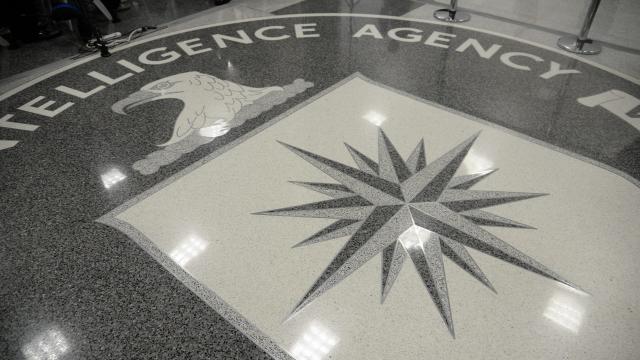A U.S. federal jury on Monday said it had failed to reach a verdict on eight counts in the trial of a former CIA computer engineer who is accused of leaking a trove of classified material to the anti-secrecy organisation WikiLeaks.
Joshua Schulte, 31, was convicted of contempt of court and making false statements to the FBI; however, the jury found itself deadlocked on the more serious charges that include illegal gathering and transmitting national defence information.
Prosecutors said that forensic evidence showed that Schulte—who left the CIA in 2016 and later worked for Bloomberg LP as a senior software engineer—had accessed the top-secret material later published by WikiLeaks in March 2017. Schulte was portrayed by the government as a disgruntled employee motivated to harm the agency due to personal conflicts at work. Schulte’s lawyer, Sabrina Shroff, had argued in court that the government’s characterization of her client only made Schulte an “easy target” for the prosecution because he was not well-liked at the agency and was reportedly combative with colleagues and supervisors.
Prosecutors tried the case, however, without any direct evidence linking Schulte to WikiLeaks; a gambit that, in the end, appears not to have paid off.
The files Schulte was accused of leaking—dubbed collectively “Vault 7” by WikiLeaks—detail a wide range of CIA electronic surveillance and cyberwarfare capabilities. Among the first items that leaked were critical Apple iOS exploits that, although they have now been patched, would have allowed the government to track users and monitor their communications.
Another described malware reportedly used by the CIA to track Microsoft Windows users based on the strength of their wi-fi signals. Yet another allowed the agency to bypass password protections on MacBooks using a tool that exploited Apple’s Thunderbolt interface.
As Gizmodo reported this month:
The material dealt with a number of cyber tools the U.S. intelligence community had developed for espionage purposes, including ways to bypass encryption on Android and iOS devices to break into Signal, WhatsApp, and Telegram messages; a tool called Weeping Angel that turns Samsung TVs into listening devices; and a “reverse engineering environment created by the NSA” called Ghidra. Further leaks, which WikiLeaks collectively called Vault 7, included documents related to malware development and even hinting at research into hacking smart cars.
Many of the exploits described in the documents had already been discovered in the wild and fixed by the companies that were affected. Security experts had long suspected some of the attacks had been designed or used by government hackers.
Schulte is also currently facing charges for receiving and possession of child sexual abuse material (CSAM), which last year the court purposely separated from the espionage-related case. Federal agents are said to have found thousands of images and videos of CSAM while examining devices allegedly found in Schulte’s home.
According to the New York Times, the jury “complained in a note about a separate juror who was not participating in the group discussion, raising concerns about ‘her attitude.’” That kind of development could serve as a reason for the government to exercise its option to retry Schulte. (Another juror was previously dismissed after reportedly researching the case in violation of the judge’s instructions. The judge declined to appoint a replacement and the trial was finished with 11 jurors.)
The Justice Department did not immediately respond to a request for comment.
WikiLeaks founder Julian Assange is currently battling extradition to the U.S. from London. He was arrested in April 2019 after spending nearly seven years holed up in Ecuador’s embassy in Britain. He currently faces an 18-count indictment stemming from alleged violations of the Espionage Act for publishing thousands of secret diplomatic cables and battlefield reports related to the U.S. wars in Iraq and Afghanistan.
